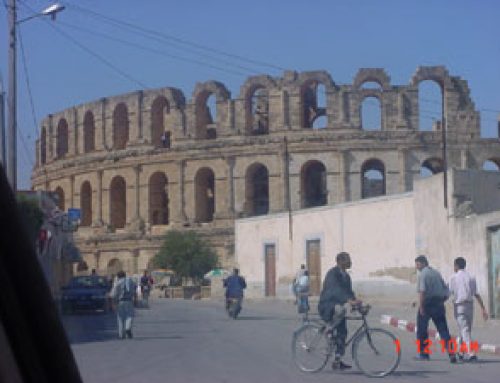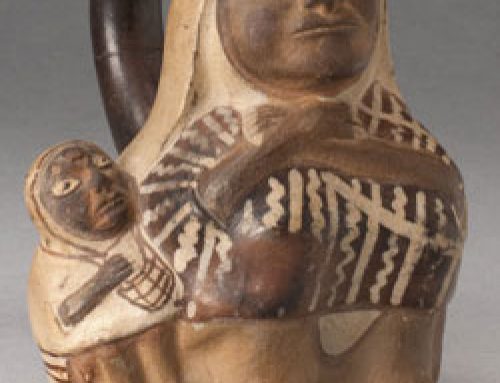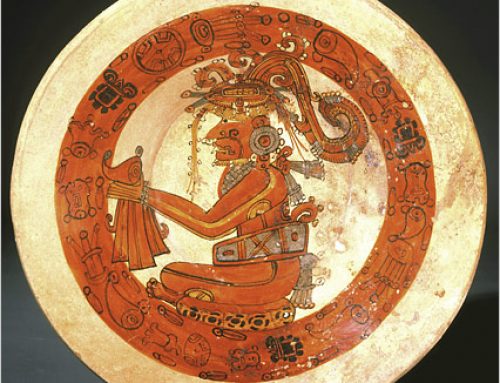
An early Christian house church at Dura Europos, in Syria (200s AD)
Christian persecution pauses
During the forty years between 261 AD and 303 AD, the Roman government did not officially persecute the Christians.
Christians before 261 AD
More about Roman religion
All our Ancient Rome articles
The emperors were busy with the worst of the Crisis of the Third Century. Maybe they were following the example of the great Sassanian ruler Shapur, to their east, who tolerated all religions. Roman mobs still sometimes lynched Christians, but the Roman government did not officially encourage this sort of thing.
Shapur and the Sassanians
Crisis of the Third Century
Christians start to build churches
Because of this peace, the Christians could start to build a church organization. They started to build churches, instead of meeting in people’s houses. Christians even built a church right across the street from the Emperor’s palace in Split (modern Croatia)!
More about Roman philosophy
Christians and traditional philosophers started to take each other more seriously, and argued with each other about who was right.

The Roman emperor Diocletian’s palace at Split, in Croatia. 200s AD
Martyrs fight with new Christian moderates
But some Christians also used this time to fight with each other. Places like Carthage where there had been a big persecution were usually the places where fights broke out.
After the persecution was over, the Christians who had gone and sacrificed did not get along very well with the ones who had gone to jail or who had risked being killed to stand up for their faith. Some people who had gone to jail wanted to punish or even excommunicate those who had sacrificed.
What is excommunication?
These people said that Christians who had gone to jail or been tortured were martyrs and that God had given the martyrs special powers. There was a lot of arguing about who was a good Christian.
Christians become more conservative
But this is also a time when being a Christian started to be a way to get power in the Roman Empire. More and more, the young radical men and women who had been the first Christians got pushed aside. Older, richer men wanted to become bishops now.
What is a bishop?
Who is St. Nicholas?
They became Christians, but they weren’t about revolution. These new Christians – like St. Nicholas – were more conservative. They wanted people to obey their priest and their bishop. They thought people should pay taxes so bishops could live in nice houses and build churches. And they wanted women to keep quiet. Mostly, these new bishops won.




